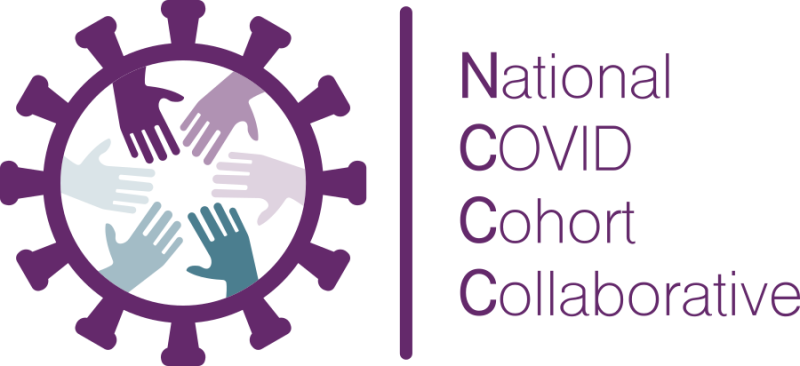
Since the beginning of the pandemic, the research landscape at Duke has evolved. Many teams at Duke, including the CTSI’s MURDOCK Study, have launched research projects specifically focused on COVID-19. Now, Duke has joined a larger collaborative run by the NIH’s National Center for Advancing Translational Science (NCATS) that attempts to make COVID-19 research at institutions like Duke easier.
The National COVID Cohort Collaborative (N3C) aims to build a centralized national data resource that the research community can use to study COVID-19 and identify potential treatments. Specifically, the N3C will enable the rapid collection and analysis of clinical, laboratory and diagnostic data from hospitals and health care plans.
Along with NCATS, many other Clinical and Translational Science Awards (CTSA) Program hubs - including Duke - and the National Center for Data to Health (CD2H), will contribute and use COVID-19 clinical data to answer critical research questions to address the pandemic. However, access to this data is not limited to participating groups; anyone who receives approval for a Data Use Request (DUR) can access N3C data to help with their research projects. Visit the N3C website to apply for access and submit a DUR.
One of the difficulties of COVID-19 research at this time is that many sites do not have enough research participants who have contracted the virus or meet all of the qualifications for the study. With access to more research sites and variables, researchers can have the ability to increase the size of their cohorts and conduct COVID-19 research more readily. Sites are also asked to update patient-level clinical data twice a week, giving researchers access to the most up-to-date information.
“Through N3C, COVID data is coming from the electronic health records of more than 15 sites, and more than 60 are in the process of submitting data to N3C," said Warren Kibbe, PhD, director of the Duke CTSI Biomedical Informatics Core. "As of the end of September, there is data on more than 75,000 COVID positive patients and 650,000 patients with flu-like symptoms or diagnostic tests for SARS-CoV-2. There are also multiple active COVID-19 projects that span from investigating acute kidney injury to using machine learning to predict disease severity. These active projects are looking for additional team members and have already gone through the DUR process. This is a very low-barrier way to get involved in N3C without having to create your own protocol, IRB submission, and DUR approval."
Researchers interested in applying for N3C Data Access need to first register with the N3C and complete the NIH “Information Security, Counterintelligence, Privacy Awareness, Records Management Refresher, Emergency Preparedness Refresher” course. Once completed, researchers must submit a DUR through the N3C Data Enclave. More information is available on the NCATS website.
“The data enclave is about power,” said Anthony Leiro, IT consultant and CTSA informatics operations lead. “No site has enough data to research COVID-19 on its own. The enclave gives us the ability to power up and do research on COVID-19.”